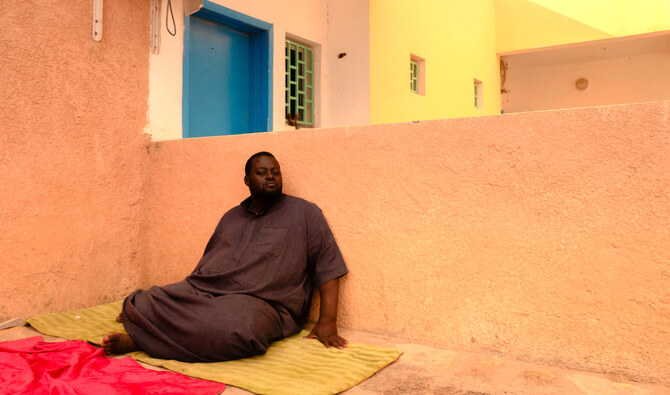NEW DELHI: India’s Foreign Ministry said on Tuesday it was moving Indian students out of Tehran, as many sought safety after their universities were shut down amid ongoing Israeli airstrikes.
Israeli attacks on Iran started on Friday, when Tel Aviv hit more than a dozen sites — including key nuclear facilities, residences of military leaders, and of scientists — claiming they were aimed at preventing Iran from developing nuclear weapons.
Daily attacks have been ongoing for the past five days after Iran retaliated with ballistic missile strikes against Israel.
As the Israeli military intensified its bombing of civilian targets, hitting Iran’s state broadcaster on Monday, stranded foreigners — including 6,000 Indian students — have been struggling to leave.
“Most of the students here were living in apartments, including me and my friend. The first blast in Tehran happened in Sa’adat Abad district, where me and my friend were living,” Hafsa Yaseen, a medical student at Shahid Beheshti University, told Arab News.
“One of our university’s nuclear scientists was martyred in these blasts. Situation is really bad.”
According to the Iranian Ministry of Health and Medical Education, at least 224 people have been killed and 1,481 wounded in Israeli attacks since Friday. Most of the casualties have been reported in Tehran.
India’s Ministry of External Affairs confirmed in a statement that it was moving those studying at universities in the Iranian capital “out of the city for reasons of safety.”
Yaseen was among a group of a few hundred students moved on Monday to Qom, 140 km south of the capital city.
“Me and my friend were frightened, and we just thought it’s our turn now to die. We were literally calling our parents and telling them goodbye,” she said.
“We are not even safe here, because we are still in Iran (and) anything can happen ... We are in constant fear that we might die and our families are more stressed than us. I just want to request the government of India to evacuate us from here as soon as possible.”
A group of 110 Indian students from Urmia University of Medical Sciences in northwestern Iran has already been assisted by the Indian authorities to leave through the land border with Armenia.
“All the Indian students who had crossed the Iran-Armenia border have now safely reached the capital city, Yerevan. This includes around 90 students from Kashmir Valley, along with others from various Indian states,” said Nasir Khuehami, national convenor of the Jammu and Kashmir Students Union.
“Their flight from Armenia to Delhi is scheduled for tomorrow, with all necessary arrangements being facilitated in coordination with the Indian authorities. This comes as an immense relief to the families.”
The families of those remaining in Iran have been pleading with Indian authorities to also bring them home.
“Please save my daughters. My two daughters study (at) Shahid Beheshti University. They are in great panic — the situation in Tehran is so bad that students are in great panic,” one of the mothers, Mubeena Ali, told Arab News through tears.
“They have been shifted to Qom but they feel afraid ... They are greatly distressed. They want to be evacuated.”




























